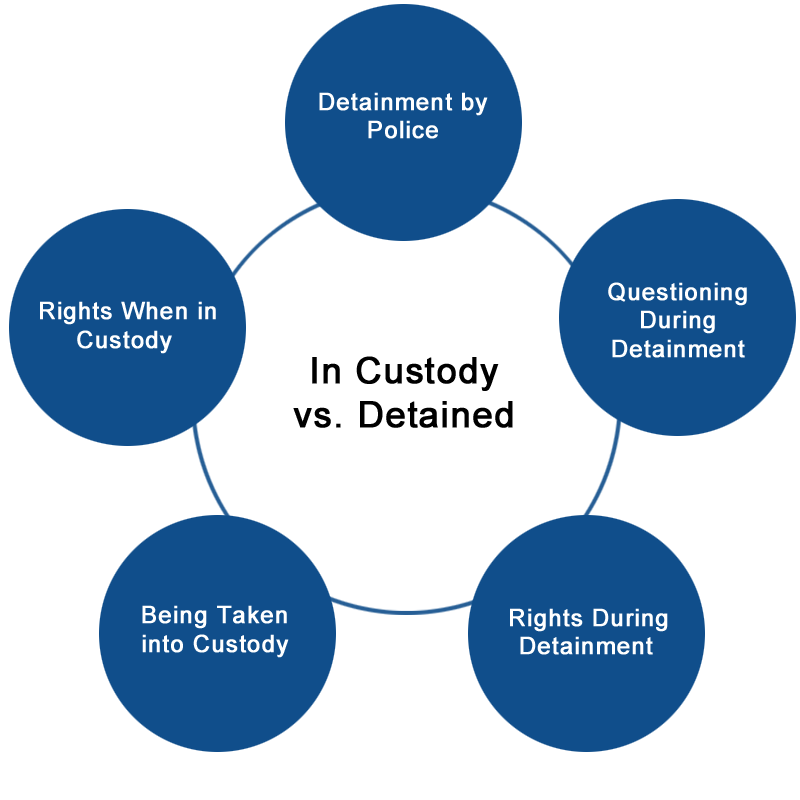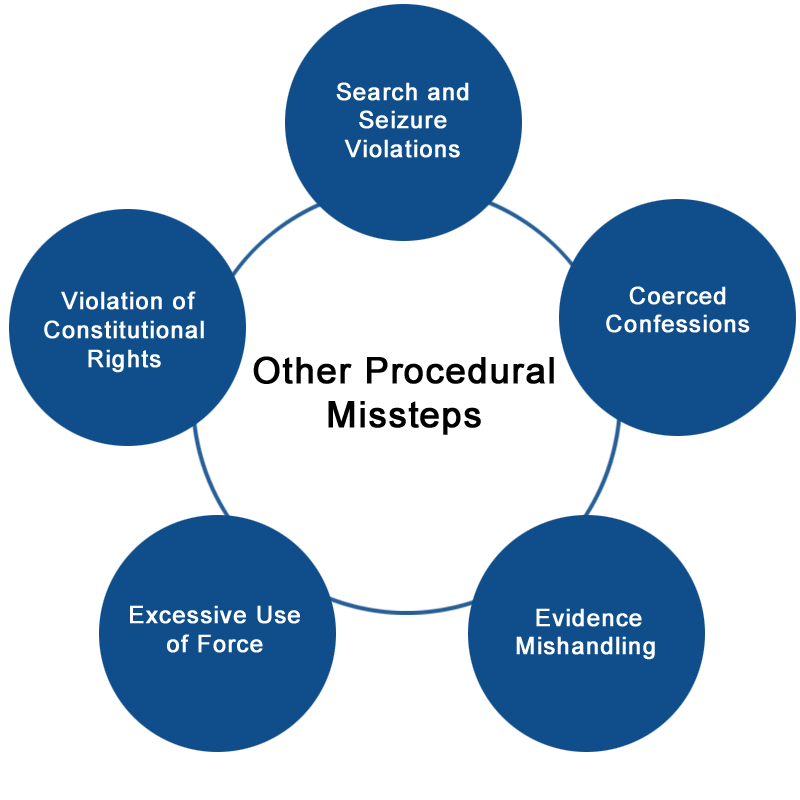Miranda Warning – Not Read Your Miranda Rights in Texas

One of the most important elements in ensuring a suspect is protected from injustice, the Miranda Warning is a set of rights required to be read by law enforcement at the time of arrest. As this warning has become so enshrined in the justice system, most people can recite it from memory: You have the right to remain silent. Anything you say can and will be used against you. You have the right to an attorney. If you cannot afford an attorney, one will be provided for you. And so on.
While a Miranda Warning is a vital part of an arrest, failure by law enforcement to read them does not automatically mean the case against the suspect is dismissed. It merely means that any statements made or evidence procured during the arrest may be suppressed once the case reaches court. This decision will be made by the court, who will determine whether the suspect’s constitutional rights were violated due to the Miranda warning not being read.
If the court decides it so, evidence and statements may be suppressed, weakening the case against the suspect and increasing the chances that charges will be dismissed.
 In Custody vs. Detained
In Custody vs. Detained
Before determining whether your Miranda rights have been violated, it’s important to consider whether you were merely being detained by police, or whether you have been officially taken into custody.
When you are detained, it simply means the police are holding you for questioning or investigation. They may ask you questions, gather information, but you are not under arrest. Being detained simply means the police have a reasonable suspicion you may have committed a crime or may soon. They can ask you questions, but they can not compel you to answer them.
At this point you have the right to an attorney, but the better question to ask would be if you are free to go. If they do not have evidence to continue detaining you, they must release you or risk seeing any evidence they’ve collected suppressed in court.
Being taken into custody typically includes being physically transported to a police station or detention facility and more or less means you are under arrest. You will not be allowed to leave. At this point you retain your rights to silence and an attorney, but will be detained until released on bail or the case is otherwise resolved.
In either case, it is important to ask if you’re free to go. Otherwise, you may accidentally waive your right to go as you please and potentially incriminate yourself.
Do Police Always Need to Mirandize You?
By law, the Miranda Rights must be read to a suspect before taking them into custody and subjecting them to formal questioning. This formal questioning can take several forms from a classic police interrogation at the station to a casual interview. It’s a crucial step in evidence-building, but one that must be undertaken in strict accordance with the law, and that includes notifying you of your rights.
At any point prior to that formal arrest or interrogation, while you are being stopped or prior to being arrested, they are not required to read your rights. Just the same, you have those rights whether they have been read to you or not.
 Other Procedural Missteps
Other Procedural Missteps
Failure to read Miranda Rights can weaken the prosecution’s case against you, but it is not the only procedural mistake that could work in your favor. There are strict rules that must be followed during a criminal investigation to ensure a suspect’s constitutional rights are not violated. Failure to follow any one of them could lead to suppression of evidence or even reduction or dismissal of charges.
Some of these mistakes include:
- • Executing a search or a seizure without first securing a warrant or establishing probable cause.
- • Compelling a suspect through force or intimidation into a false confession.
- • Improperly collecting or handling evidence, either through contamination or through chain of custody mistakes.
- • Use of excessive force at any point in the arrest or detention.
How Your Attorney Will Help
If you were arrested or interrogated without first being informed of your Miranda Rights, your attorney will have the opportunity to suppress any evidence obtained by law enforcement during your detainment. Typically, they will start by filing a motion with the court claiming that your constitutional right against self-incrimination (5th amendment) and right to counsel (6th amendment) had been violated, rendering evidence obtained null and void.
 The Fifth Amendment, an important part of the U.S. Constitution’s Bill of Rights, makes sure that people don’t have to say things in court that could make them look guilty of a crime. Self-incrimination means doing or saying something that could lead to being accused or found guilty of a crime. This rule helps protect people from having to give evidence that could show they did something wrong.
The Fifth Amendment, an important part of the U.S. Constitution’s Bill of Rights, makes sure that people don’t have to say things in court that could make them look guilty of a crime. Self-incrimination means doing or saying something that could lead to being accused or found guilty of a crime. This rule helps protect people from having to give evidence that could show they did something wrong.
Additionally, the right to have the Assistance of Counsel for defense, as provided by the Sixth Amendment, means that a person accused of a crime has the constitutional right to be represented by a lawyer during the criminal prosecution process. This right is critical to the fairness of the criminal justice system, as it ensures that the accused can have a professional legal advocate who can offer a competent defense against the charges.
This will be followed by a special hearing wherein the court will determine if the Miranda Warning was, in fact, not given at the time of the arrest or was given incorrectly. If so, they can suppress any evidence obtained by law enforcement at that time. They can also pursue suppression of evidence due to procedural mistakes as outlined above, or negotiate with the prosecution to reach a plea deal.
It’s worth noting once again that the Miranda Warning is not required in certain situations. Anything you say while not in police custody, whether you were Mirandized or not, can and will be used against you. As such, the best strategy is to simply say nothing. You cannot be punished for staying silent, but you certainly can if you choose to say something incriminating.
Miranda Rights in Texas
The laws outlining how Miranda Rights are applied in the state of Texas can be found in Articles 38.21 and 38.22 of the Texas Code of Criminal Procedure. The first article outlines what constitutes a “statement” in the eyes of the law, with its second section providing that statements must be made in compliance with the suspect’s Miranda Rights. The second article outlines how statements may legally be used, reiterating once again that proper reading of rights is essential.
Violation of these articles can lead to dismissal of your case or reduction in the charges against you, and the best way to prove these violations is with the help of an attorney. It’s not only your right, it’s a valuable investment in yourself and your freedom. Being charged is not the same as being guilty. The sooner you secure an attorney, the sooner you can go about proving your innocence, clearing your name and keeping your criminal record clean. Fill out the form below to schedule a free, no obligation consultation.
Call 1 (866) 875-5996 or Schedule a Free Case Evaluation Online


